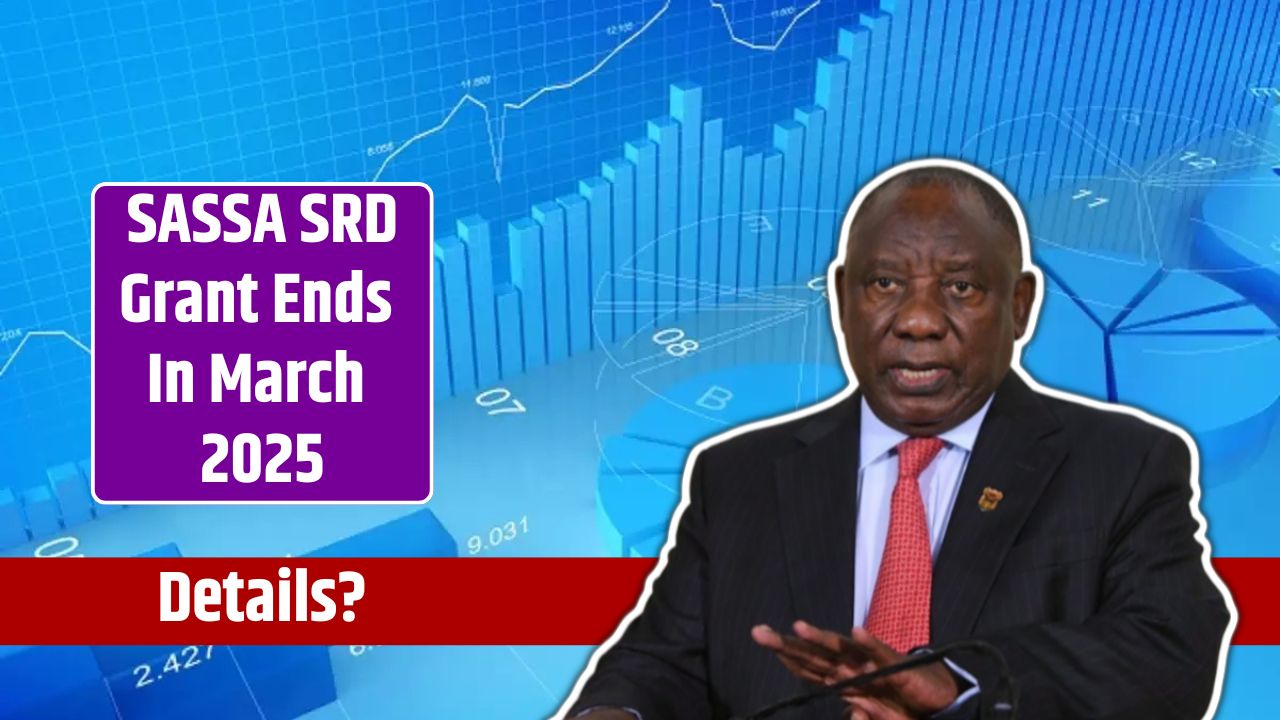The Department for Work and Pensions (DWP) has confirmed a 4.1% increase in the State Pension and Pension Credit for the 2025/26 financial year.
This change aims to support pensioners in managing rising living costs. However, due to payments typically being made one month in arrears, many pensioners will not notice the increase until May 2025.
Pension Rates
The DWP has outlined the updated rates for the 2025/26 financial year. Here’s what pensioners can expect:
| Pension Type | 2024/25 Rate | 2025/26 Rate |
|---|---|---|
| New State Pension | £221.20 per week | £230.25 per week |
| Basic State Pension | £169.50 per week | £176.45 per week |
| Pension Credit (Single) | £218.15 per week | £227.10 per week |
| Pension Credit (Couple) | £332.95 per week | £346.60 per week |
| Severe Disability Addition | £81.50 per week | £82.90 per week |
| Carer’s Addition | £45.60 per week | £46.40 per week |
This increase will help pensioners maintain their standard of living amid economic challenges.
Who Qualifies for the Full State Pension?
From April 2025, the full New State Pension will be £230.25 per week. To qualify for this amount, you need at least 35 years of National Insurance (NI) contributions.
If you have between 10 and 35 years of contributions, your pension will be calculated proportionally. Unfortunately, those with fewer than 10 years of NI contributions may not be eligible for the State Pension. However, they can explore other DWP support schemes, such as Pension Credit, to supplement their income.
What is Pension Credit?
Pension Credit is a benefit designed to support low-income pensioners by topping up their weekly income. It has two main components:
- Guarantee Credit: Ensures a minimum weekly income of £227.10 for single pensioners and £346.60 for couples.
- Savings Credit: Offers extra financial support for those who have saved money for retirement.
Claiming Pension Credit can also unlock other benefits, such as help with housing costs and council tax reductions. Many pensioners miss out on this benefit, so checking eligibility is crucial.
When Will the Increase Take Effect?
Although the new rates take effect in April 2025, many pensioners may not see the updated payments until May. This is because most State Pension payments are made in arrears, meaning they are paid for the previous month rather than the current one.
For example, if your pension payment is due in late April, it will likely still reflect the 2024/25 rates. However, by May, all payments should be adjusted to the new figures.
How to Check Your Pension Entitlement
If you are unsure about your State Pension entitlement or eligibility for Pension Credit, you can check this in several ways:
- Use the UK government’s State Pension forecast tool online.
- Contact the Pension Service for a detailed breakdown.
- Speak to an independent financial advisor for guidance on maximising your retirement income.
Staying informed about your pension entitlement ensures you receive the correct payments and benefits.
The 4.1% increase in State Pension and Pension Credit will provide much-needed financial relief to pensioners across the UK.
However, it’s important to check eligibility, understand payment schedules, and explore additional benefits that may be available. With living costs rising, every bit of financial support matters.

















